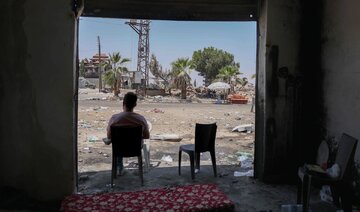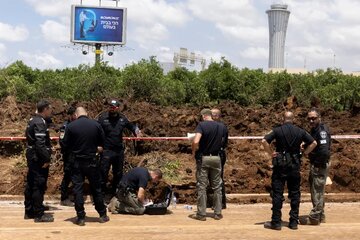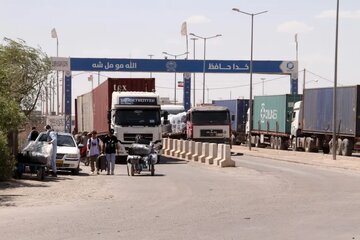“The opening of the fifth floor will facilitate the stoning ritual at Jamrat,” said Habeeb Zainul Abideen, deputy minister for municipal and rural affairs.
Abideen was addressing a conference on medicine attended by 500 delegates. He described Hajj as the largest congregation of people in the world and highlighted the Saudi government’s efforts to avoid stampedes and other accidents during the annual event.
Abideen said the irresponsible behavior of some pilgrims causes problems not only for Saudi Hajj managers, but also fellow Hajis. He urged all pilgrims to follow safety instructions.
There are 90 cameras around Jamrat to monitor the movement of pilgrims and prevent possible stampedes. These cameras will also enable Hajj managers to assess how many pilgrims each floor of the bridge can hold.
“We have also arranged for vehicles to carry pilgrims with special needs to help them perform the stoning ritual without any difficulty,” he said.
Maj. Gen. Mansour Al-Turki, spokesman for the Interior Ministry, spoke about new plans for crowd management at Jamrat as well as in the mataf, the circling area around the Holy Kaaba where pilgrims perform tawaf, and the masaa, the running area between Safa and Marwa where Hajis perform saie.
Out of the 2.5 million people who come for Hajj every year, 700,000 pilgrims walk to the holy sites, he said, adding that 75,000 buses and other vehicles are used to transport the other pilgrims.
The Haram Mosque in Makkah can hold 700,000 worshippers, while the mataf can hold 53,000 and the masaa 118,000.
Dr. Ziyad Maimish, assistant undersecretary at the Health Ministry for preventive medicine, said the ministry would mobilize about 17,000 doctors, nurses and paramedical staff and 39 mobile medical teams for Hajj duty.
End item/ 129




